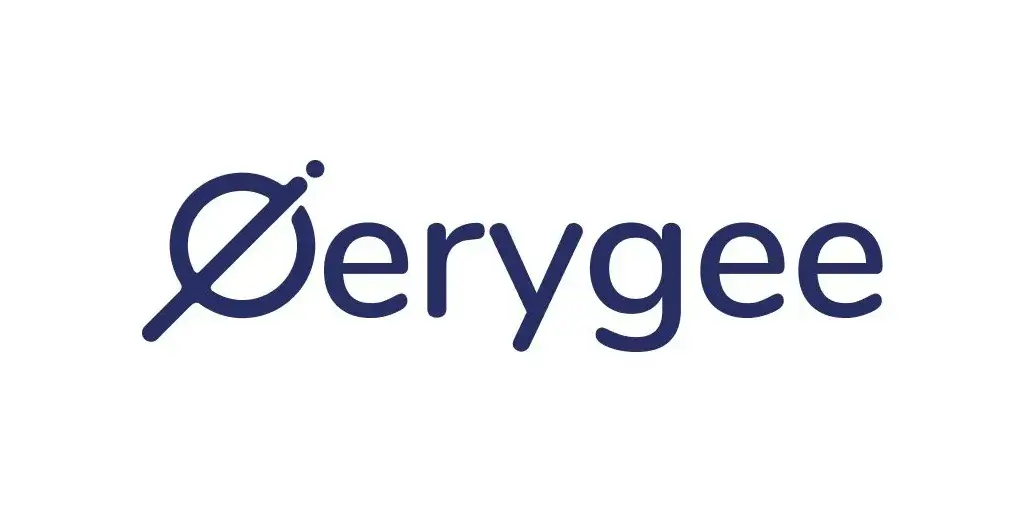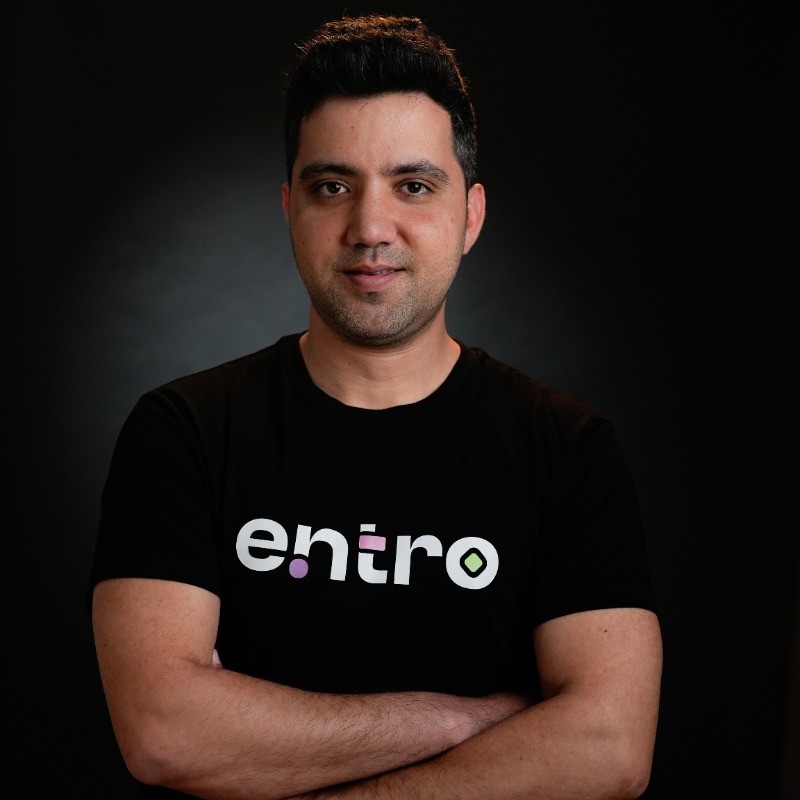Ready to launch your own podcast? Book a strategy call.
Frontlines.io | Where B2B Founders Talk GTM.
Strategic Communications Advisory For Visionary Founders
Conversation
Highlights
Navigating Market Trust: How Vali Cyber Built Credibility in Mission-Critical Security
In a recent Category Visionaries episode, Austin Gadient shared how Vali Cyber approached one of the most challenging aspects of building a cybersecurity startup: earning trust when protecting mission-critical systems.
For cybersecurity startups, the journey from founding to market adoption requires more than just innovative technology. The stakes are extraordinarily high – a single security failure could be catastrophic for customers. This reality shaped Vali Cyber’s go-to-market strategy from day one.
Their initial approach revealed a common startup mistake: rushing to market. “I think that something that we did as a mistake was trying to go to market too early,” Austin explains. “We are in a space where there are a lot of incumbent vendors… To be able to compete with a mature product like that, your product can’t just be better. It has to be significantly better, and it has to be pretty much error and bug free.”
This realization led to a fundamental shift in their strategy. Instead of racing to market, they developed robust QA processes early, ensuring their product could meet the exacting standards of enterprise security teams.
The company’s approach to building trust centered on three key pillars: background credibility, radical transparency, and technical validation. Austin, an Air Force veteran with experience protecting critical military systems, found that sharing this background resonated with potential customers: “I think that knowing that we came from an area where we were focused on mission critical systems, I think that was an important thing for customers to understand.”
However, experience alone wasn’t enough. The team recognized that technical buyers are highly skeptical of marketing claims. “Technical buyers are not people that respond to marketing hype and fluff… Once they hear that sort of language, I think it turns them off very quickly,” Austin notes.
Their solution was to create open-source tools that allowed potential customers to verify their claims independently. “We built some tools that make it easier for someone to validate our claims. One of them is called security perfect… Because that tool is open source, anyone can go with the code, you can run it themselves. They know exactly what we’re testing.”
This commitment to transparency extended to their sales approach. “Beyond that, I think it was very important to be transparent and truthful about what we’re providing and what our product could and could not do,” Austin explains. “You definitely don’t want to oversell. I think that’s very easy way to lose a customer early on if you try to promise things that aren’t true.”
The company also made a strategic decision about market positioning, avoiding the common trap of trying to create a new category. “The last thing we want to do is try to come up with another three or four letter acronym to describe what we do,” Austin shares. Instead, they positioned themselves within established categories like EDR and CWPP, making it easier for customers to understand their offering while differentiating through unique capabilities.
Looking ahead, Vali Cyber’s growth strategy focuses on scaling beyond relationship-based selling. “I think relationship based selling is great, especially for us starting out, but we need to figure out how to scale beyond that as the company grows and build our messaging in a way that will attract organizations to reach out to us as opposed to us reaching out to them.”
For founders building in high-stakes markets, Vali Cyber’s journey offers valuable lessons about the importance of patience, transparency, and technical credibility in building customer trust. Their experience shows that while moving fast might be a startup mantra, sometimes the better strategy is to move deliberately and build trust through validation rather than promises.
Actionable
Takeaways
Leverage Founders' Backgrounds for Credibility:
Especially in security, showcasing the founders' experience in mission-critical environments can significantly bolster customer trust.
Develop Open-Source Tools for Validation:
Creating tools that allow potential customers to independently verify product claims can serve as a powerful means of establishing product credibility and transparency.
Identify and Target a Specific ICP Early:
Understanding the ideal customer profile, including their industry and specific security needs, is crucial for effectively tailoring the product and its messaging.
Embrace Transparency in Marketing:
Honesty about what your product can and cannot do is vital, particularly with technical buyers who value accuracy and despise overhyped claims.
Utilize Relationship-Based Selling:
In crowded markets, leveraging relationships and building a network of trusted resellers or partners can help cut through the noise and directly engage with potential customers.


































































































